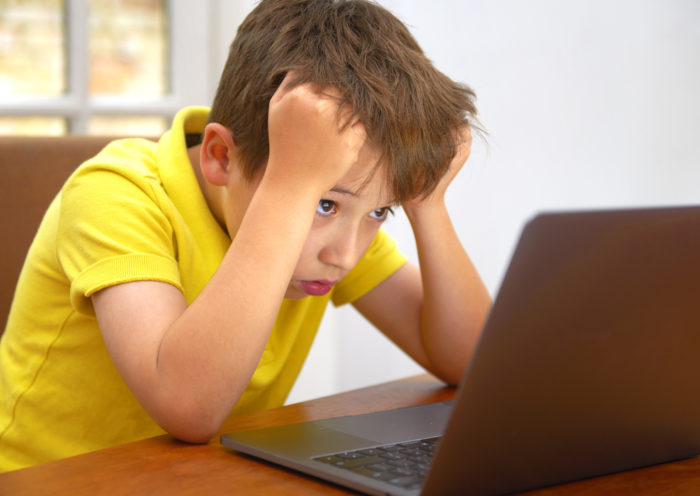Downsides of Virtual Learning
June 3, 2022
Two weeks, that’s all it was going to be. Two weeks off of school to relax and do whatever we so desire before school is back in session. Two weeks then quickly turned into a month, two months, three months, and onward. The surging coronavirus, a disease that was especially unknown at the time, caused schools around the globe to close since it was believed to be the only influential way to fight the virus. Looking back now, that was not the case.
Almost two years after the first case of the covid-19 virus was discovered, researchers, parents, and students are reflecting on those times, recognizing how detrimental the lockdown and virtual school era was to their education.
Millions of students had missed out on the pure academic learning they would have acquired if the virtual school was more interactive and efficient for students. Instead, many students were not being challenged in their courses or receiving the correct course load.
All studies seem to be pointing in the same direction since “Children and older students didn’t learn as much as they usually do during a school year. The estimates range. Some say they are five months behind. Others say they’re two months behind.”
Additionally, teachers are even beginning to notice the learning loss in students when it comes to numeracy, literacy, and social skills. In a study by the Centers for Disease Control and Prevention, it was found that in a poll of 1,000 educators, 97% reported learning loss in their students, in comparison to children in previous years, while 57% of educators estimated that their students are behind more than three months in social-emotional progress.
The pandemic did not only put a restraint on learning at all levels, but it also allowed for isolation to interfere with the social skills of young children, causing them to be more socially awkward. Align with that, researchers have discovered that young children’s ability to regulate emotions like frustration and focus has also been a victim of the pandemic.
In research conducted by Harvard’s Saul Zaentz Education Intitivite’s Early Learning Study, it was found that 61% of parents believe that their child’s social-emotional development has been negatively impacted by the pandemic. This includes manners, managing everyday interactions, and not being too socially awkward.
Virtual learning may have promoted more risks than school learning at the peak of the pandemic since the education of young children was essentially put on the back burner. Yet, many children tend to be resilient and may have the capabilities to catch up in their education, if they put forth the effort.
The suggested method to make up for this learning loss is any kind of tutoring technique, extending summer schools or even extending the number of time students spend in school from now on. As a unified effort, President Biden has even enforced an “American Rescue Plan” in order to aid in learning recovery.
If you care about the future of our generation, take action now by recovering the education of children before the time runs out.







